Data center power demands are skyrocketing, and Google thinks geothermal energy is the key to producing ‘round-the-clock’ clean electricity
Google’s new partnership with Nevada-based NV Energy will provide clean, reliable geothermal energy to power its data center ambitions


Google has announced an ambitious new partnership with Berkshire Hathaway-backed electricity firm, NV Energy, to power its Nevada data centers using geothermal energy.
NV Energy worked with geothermal specialists Fervo Energy to include 115 MW of enhanced geothermal power in the new clean transition tariff (CTT), all of which will be delivered to Google.
In a blog post announcing the deal, Google said it would build on a recent commercial pilot with Fervo Energy in Nevada.
In November last year, the tech giant revealed it had launched a ‘first-of-its-kind’ project with Fervo aimed at generating geothermal energy to provide carbon-free electricity for data centers. The project has already delivered promising results, Google said.
“Since then, Fervo has achieved remarkable reductions in the time and cost of its drilling process, demonstrating the power of early customer demand to help drive rapid improvements to early-stage technologies.”
Under the new agreement with NV Energy, Google is expanding the amount of ‘enhanced geothermal capacity’ by 25 times, which promises to push round-the-clock clean power onto the local grid that serves the hyperscaler’s data center operations in the state.
The blog’s co-authors, Amanda Peterson Corio, global head of data center energy, and Briana Kobo, head of energy market innovation at Google, said limitations to power purchase agreements (PPAs) - whereby companies procure clean energy primarily generated through wind or solar facilities - reflect the need for new procurement models to accelerate the energy transition.
Sign up today and you will receive a free copy of our Future Focus 2025 report - the leading guidance on AI, cybersecurity and other IT challenges as per 700+ senior executives
These limitations include the fact that these PPA’s are often isolated from broader grid planning and utility investment cycles, as well as the unpredictability of weather making solar and wind energy often unreliable.
As such, Peterson Corio and Kobo argued hyperscalers must adopt alternative technologies to deliver clean power whenever it is needed.
“These technologies, like enhanced geothermal, long-duration energy storage and advanced nuclear power, are early-stage, relatively costly and poorly incentivized by current regulatory structures. As a result, customers often still rely on fossil fuels for reliable power when solar and wind aren’t available.”
Google isn’t alone in its data center sustainability drive
The proposed deal is currently pending review and approval by the Public Utilities Commission of Nevada, and Google said it will help the company get closer to its goal to operate all of its data centers and office campuses on 24/7 carbon-free energy by 2030.
The rush to secure renewable energy purchasing agreements for the ongoing explosion in demand for data center capacity has seen all three hyperscalers make serious commitments with energy providers around the world.
Microsoft signed the biggest corporate renewable energy deal ever with investment firm Brookfield in May, constituting a $10 billion agreement to develop renewable energy projects and unlock 10.5 gigawatts of generating capacity between 2026 and 2030 in the US and Europe.
The tech giant also signed its first PPA with Shizen Energy to provide renewable energy for its data centers in October 2023.
RELATED WEBINAR

Meanwhile, AWS has also been exploring alternative power sources to meet data center energy demands. In March, the hyperscaler announced plans to acquire a nuclear-powered data center campus as part of a $650 million deal with Talen Energy.
As part of the deal, the cloud giant will acquire the Cumulus data center complex, located next to the 2.5 gigawatt Susquehanna nuclear power station in Pennsylvania.
Talen said the deal will see AWS gain access both to the data center facility along with the power infrastructure of the adjacent nuclear station.
Despite the frantic activity around securing clean energy to power their data centers, it appears the data center boom precipitated by the generative AI explosion has put new pressures on the energy infrastructure, and is jeopardizing their sustainability targets.
For example, Microsoft’s 2024 Sustainability Report found its carbon emissions have actually gone up significantly, largely thanks to its data center expansions.
The report found the company’s carbon emissions grew by 29% as a result of the drive to build data centers to support its cloud and generative AI business.
It noted that in 2023, the company’s Scope 1 and 2 emissions, those created as a direct result of the company’s activities, and those from its electricity and heat consumption decreased by 6.3% from its 2020 baseline.
But this was largely offset by a 30.9% jump in Scope 3 emissions, those that arise indirectly from activities of assets not owned or controlled by Microsoft, but that are impacted in the organization’s value chain, like the embodied carbon in building materials used to construct new facilities.

Solomon Klappholz is a former staff writer for ITPro and ChannelPro. He has experience writing about the technologies that facilitate industrial manufacturing, which led to him developing a particular interest in cybersecurity, IT regulation, industrial infrastructure applications, and machine learning.
-
 Meta's huge capex spree shows it's struggling to keep pace with Google and OpenAI
Meta's huge capex spree shows it's struggling to keep pace with Google and OpenAINews Meta CEO Mark Zuckerberg promises new models this year "will be good" as the tech giant looks to catch up in the AI race
-
 The open source ecosystem is booming thanks to AI, but hackers are taking advantage
The open source ecosystem is booming thanks to AI, but hackers are taking advantageNews Analysis by Sonatype found that AI is giving attackers new opportunities to target victims
-
 What is Microsoft Maia?
What is Microsoft Maia?Explainer Microsoft's in-house chip is planned to a core aspect of Microsoft Copilot and future Azure AI offerings
-
 Google drops $4.75bn on data center and energy firm Intersect
Google drops $4.75bn on data center and energy firm IntersectNews The investment marks the latest move from Google to boost its infrastructure sustainability credentials
-
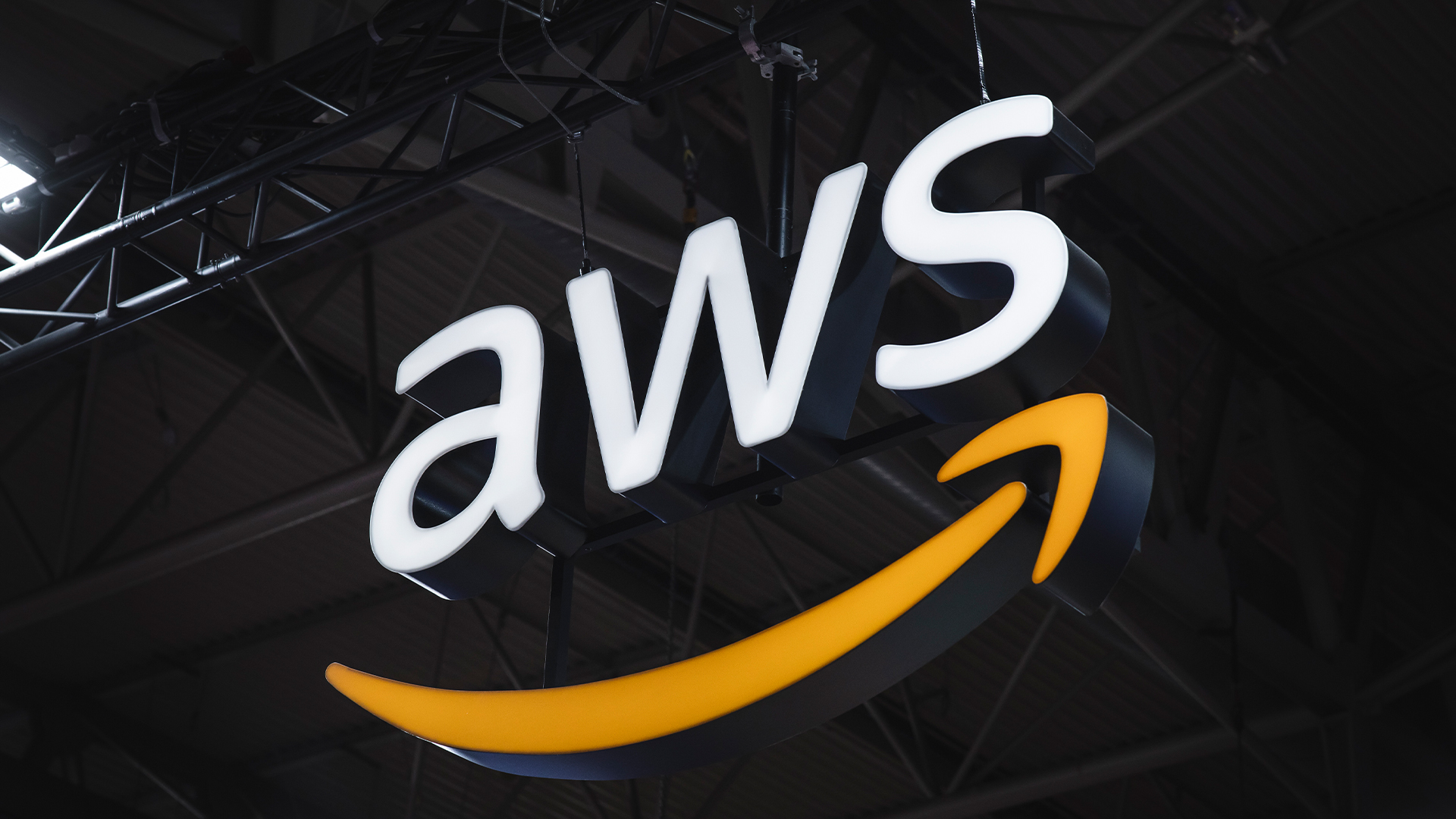 AWS' new DNS 'business continuity' feature targets 60 minute recovery time after October cloud outage
AWS' new DNS 'business continuity' feature targets 60 minute recovery time after October cloud outageNews The US-EAST-1 Region is getting extra tools and features to help customers during an outage
-
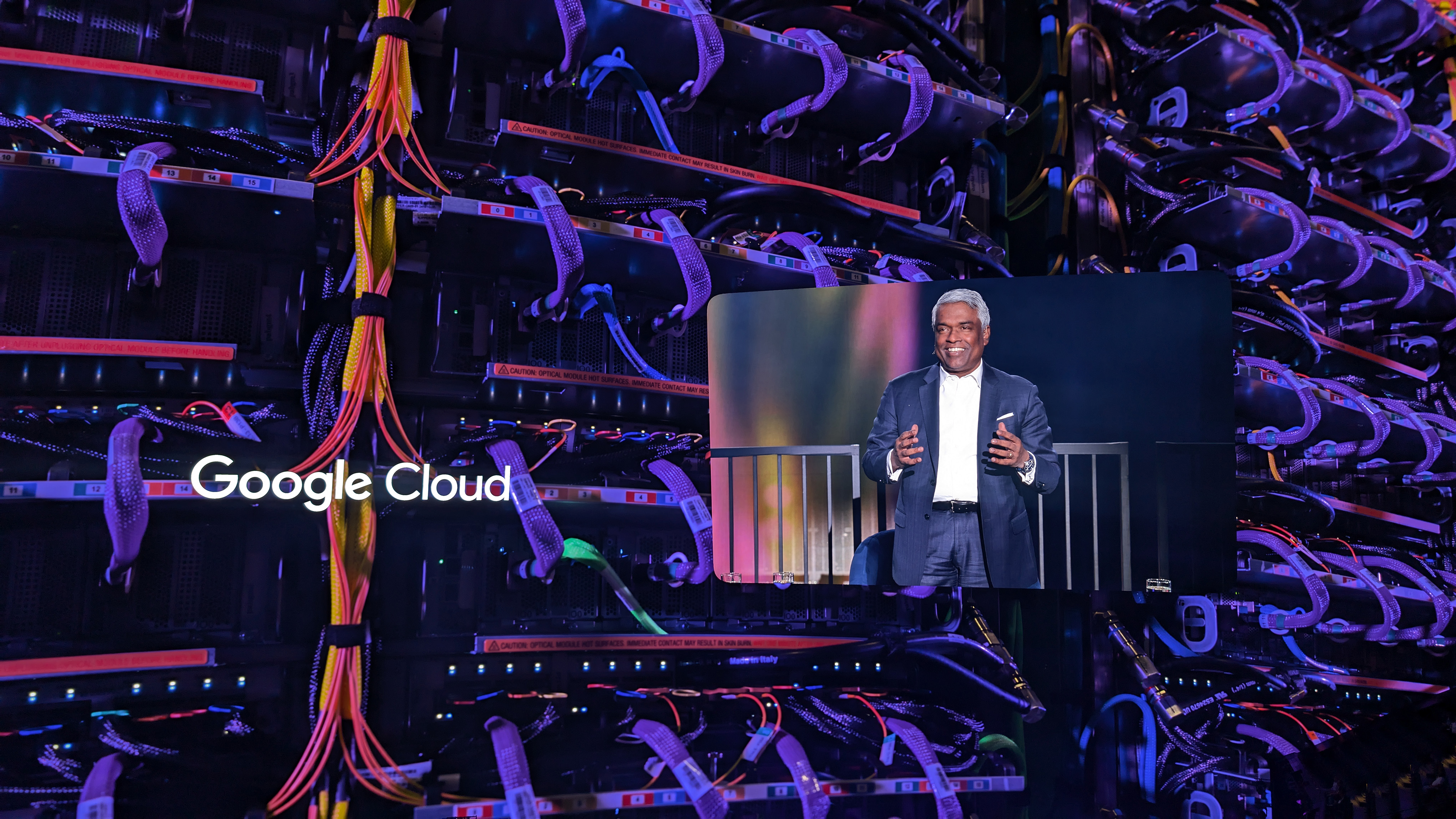 What is a tensor processing unit (TPU)?
What is a tensor processing unit (TPU)?Explainer Google's in-house AI chips are the most notable alternative to Nvidia at the enterprise scale
-
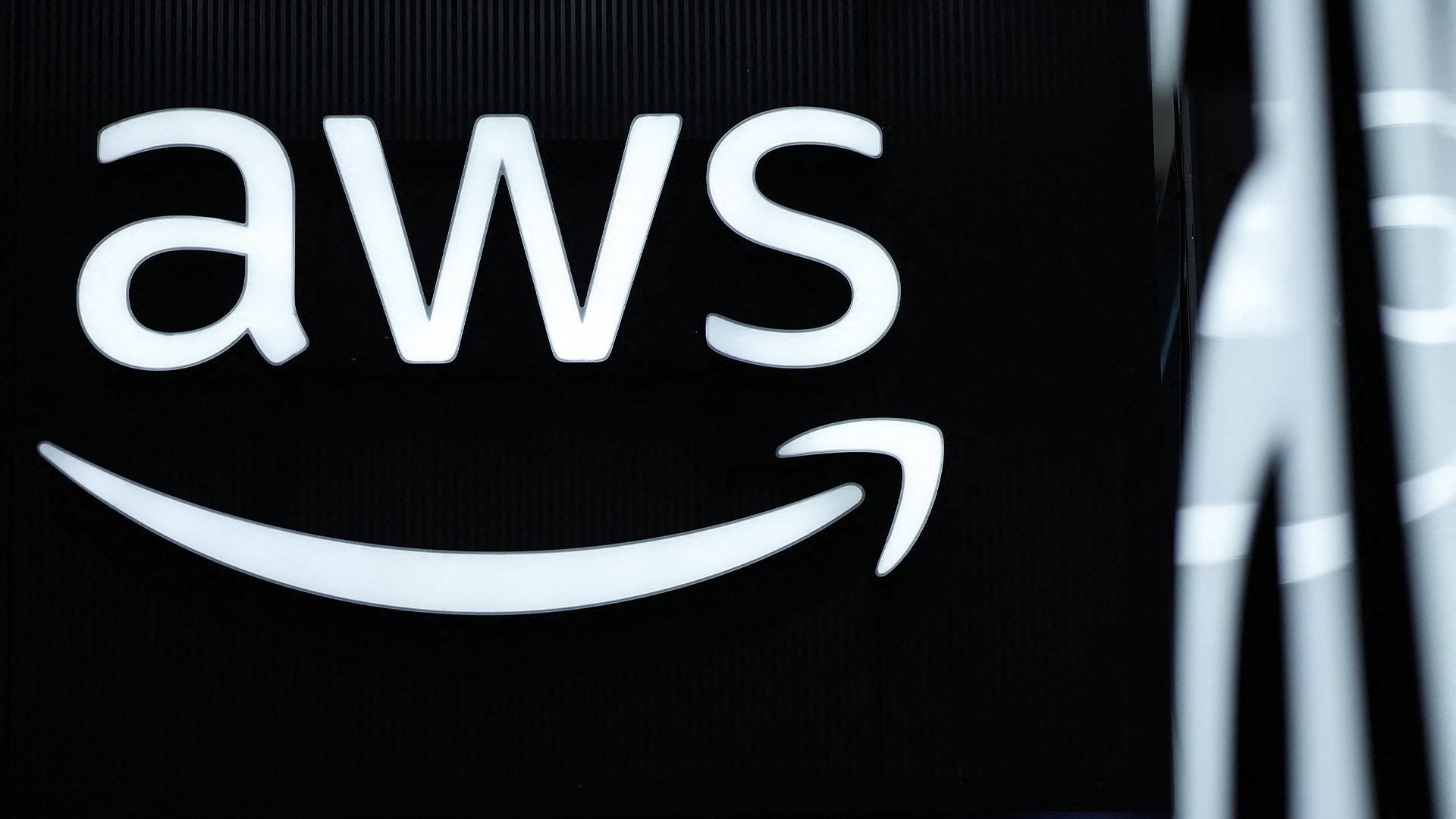 AWS targets cloud resilience and AI networking gains with new 'Fastnet' subsea cable
AWS targets cloud resilience and AI networking gains with new 'Fastnet' subsea cableNews Fastnet is set for deployment in 2028 and will link Maryland and County Cork with a line offering more than 320 terabits per second
-
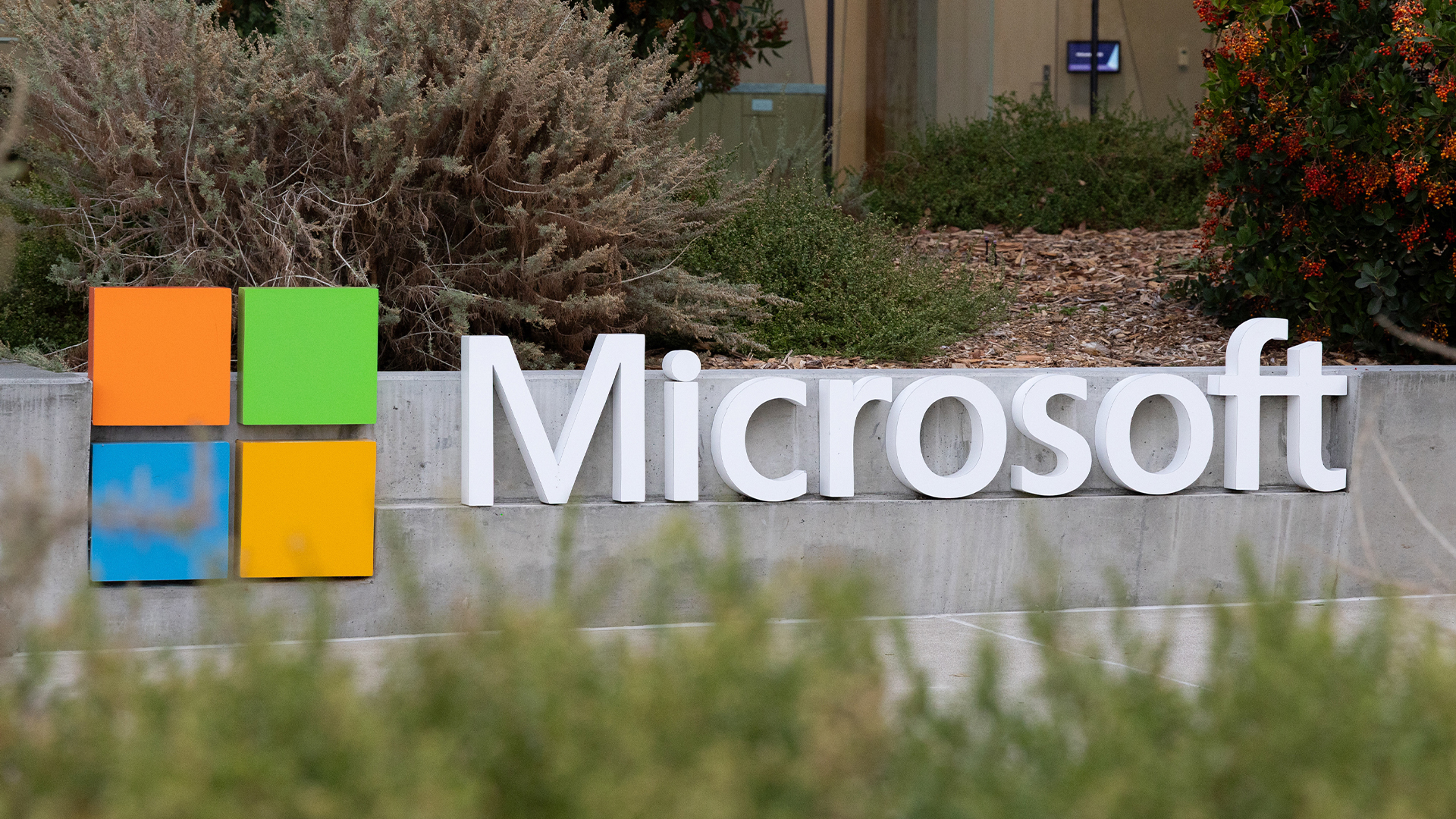 The Microsoft Azure outage explained: What happened, who was impacted, and what can we learn from it?
The Microsoft Azure outage explained: What happened, who was impacted, and what can we learn from it?News Microsoft has confirmed its Azure services are back online after a major outage impacted services across multiple regions – here's everything you need to know.
-
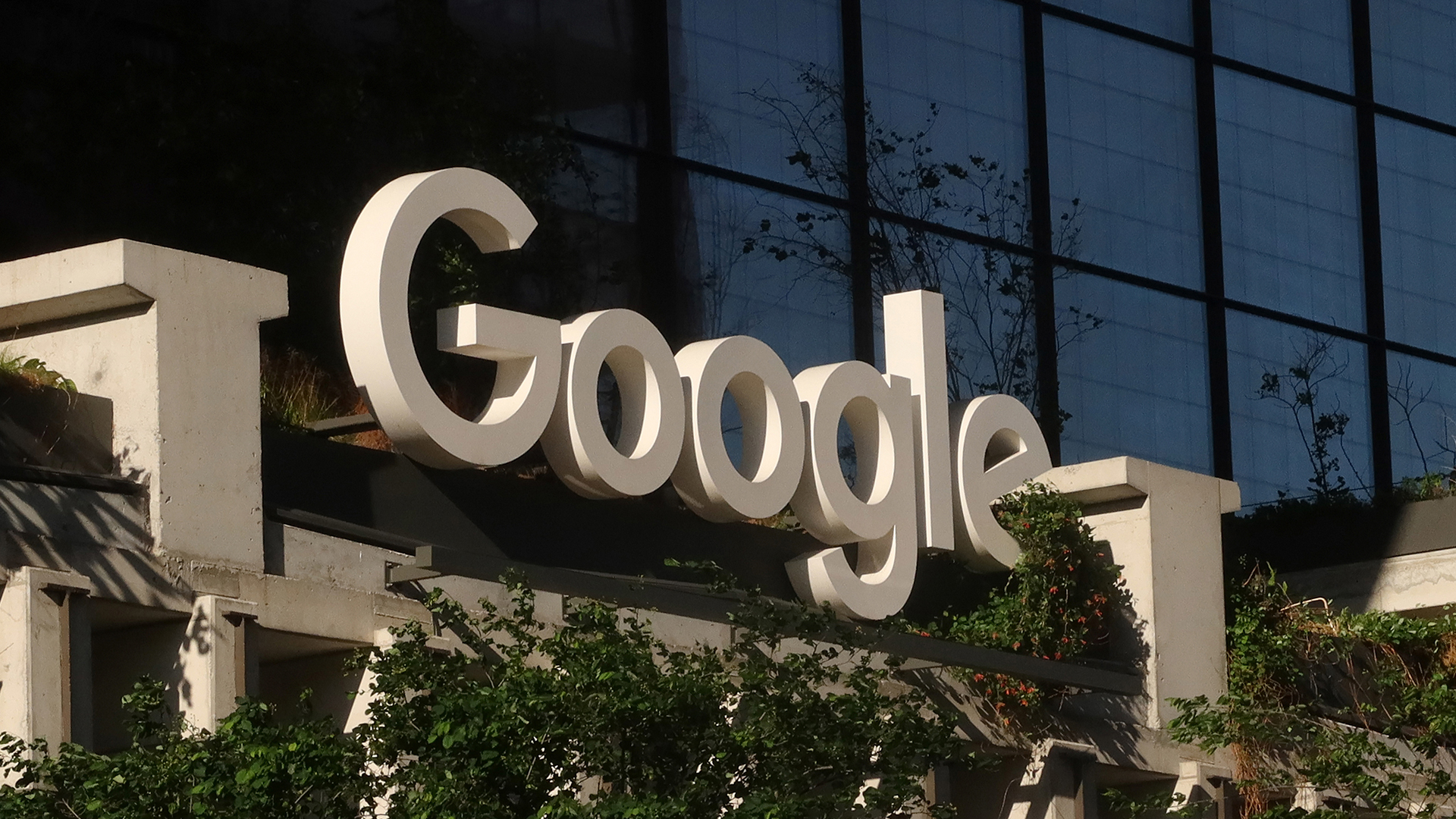 Google opens doors on UK data center ahead of Trump visit
Google opens doors on UK data center ahead of Trump visitNews The Waltham Cross data center opening comes alongside £5 billion in investment across the country
-
 Google just confirmed the location of its first small modular reactor
Google just confirmed the location of its first small modular reactorNews Developed by Kairos, Google's first small modular reactor will be located in Tennessee, with operations beginning in 2030.